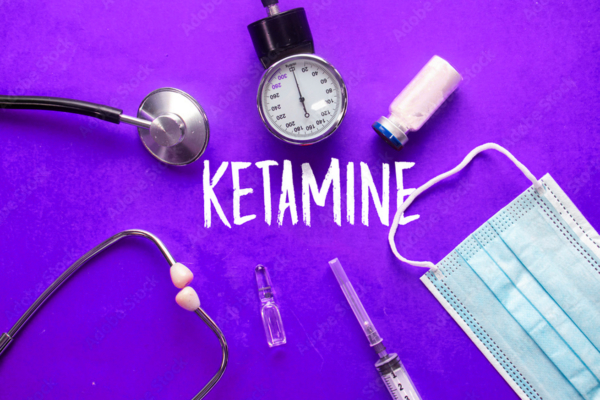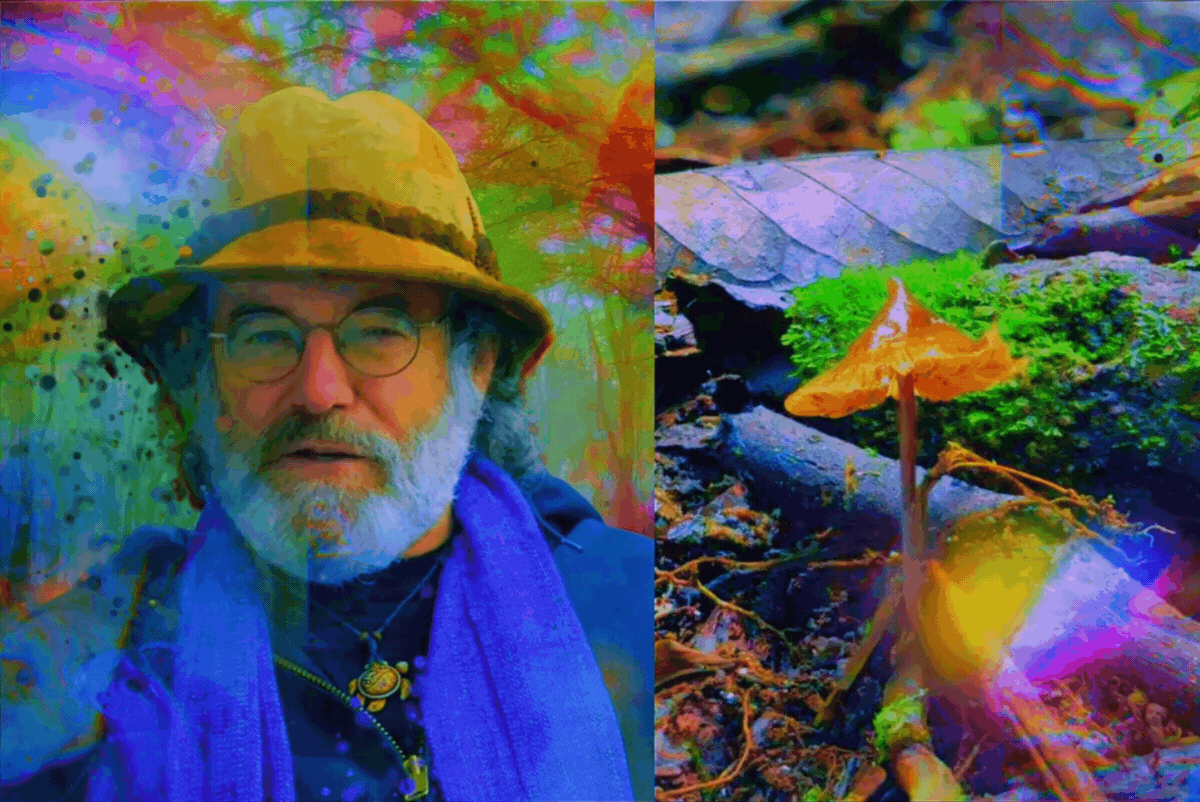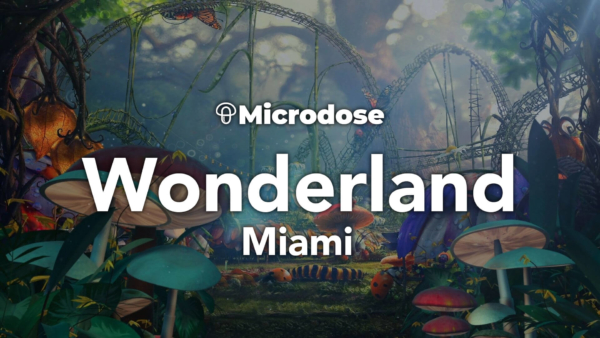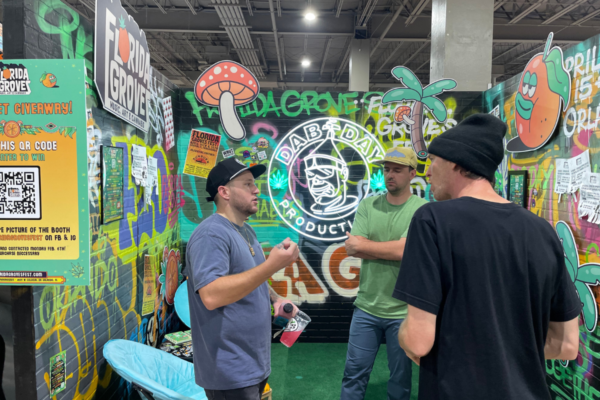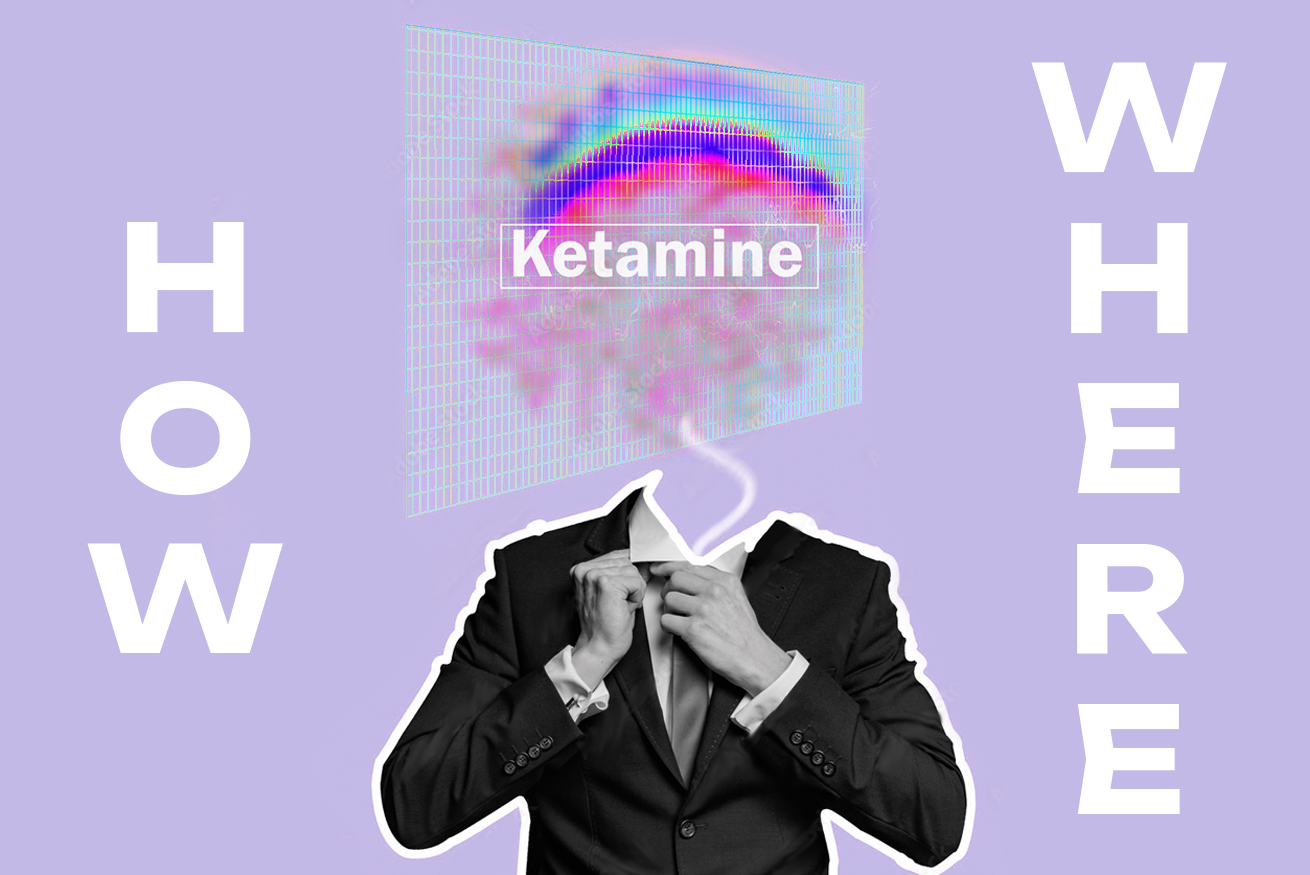
“Is ketamine legal?” is an increasingly common question being posed by those looking to explore alternative treatments for a wide range of medical conditions. Ketamine is an anesthetic drug that has been used in medical settings since the 1970s and is primarily used as a sedative and analgesic agent, but it also has some dissociative properties which have proven quite exciting regarding several mental health treatments over the last decade or so.
One reason for ketamine’s recent popularity is due to its legal status which makes it much easier to acquire, and acquire safely than other psychedelic substances for patients in North America and Europe. But its legality often comes into question as it holds a decades long reputation as a street drug popularized at raves and other underground gatherings.
So… Is Ketamine Legal?
In the US, ketamine is categorized as a ‘Schedule III’ drug and is legal for medical use when prescribed by a licensed medical professional. Canada has similar medical exemptions for the use of ketamine.
If you’re looking to dive even deeper into ketamine’s effects, use cases, and history, feel free to check out these resources:
-
What is ketamine?
-
New guidance on how to safely and effectively use ketamine and esketamine to treat adults.
-
What is ketamine therapy?
-
See a list of top rated ketamine clinics near you
-
How mush does ketamine therapy cost and who is eligible?
What Does ‘Schedule III’ Mean? And What Is ‘Off-Label’?
The US Drug Enforcement Administration or DEA schedules controlled compounds or substances on a scale from 1 to 5. Anything receiving a 2, 3, 4, or 5 rating is designated as having some viable medical use(s) and is legal to administer so long as it is distributed through a licensed provider to treat a specified condition. The DEA classifies ‘Schedule III’ substances as “drugs with low to moderate potential for abuse and/or addiction, but less dangerous than Schedule I or II.” These drugs must be obtained through prescription, and they are not available over the counter.
Even though it sounds a bit suspicious, “off-label” is a very well recognized medical terminology. It comes into play when a prescription is given for a given medication to treat another condition outside of its original medicinal intent. Ketamine is an increasingly common example of this scenario. A common misconception about “off-label” prescribing is that it’s potentially illegal or otherwise untrustworthy. Generally, when a drug or compound is first approved for medical use, it is approved to treat a very specific ailment or serve a very particular purpose. Ketamine, for example, was originally approved for use as a general anesthetic during surgeries and other procedures. This is the labelled use.
If the compound or medicine is prescribed and used to treat something other than the original designation, this is considered off-label use. This happens fairly often, with estimates around 20% of all prescriptions falling under this category of ‘off-label’. Keep in mind that the drug or compound involved must still be an FDA approved substance.
Why On Earth Is It Known as ‘Horse Tranquilizer”?
Since first being synthesized, ketamine has been a popular part of surgeries around the world for humans and animals alike. Ketamine is actually preferred in most veterinary surgeries, especially for larger animals (such as, a horse). This is due mostly to the convenience of giving the animal 1 liquid injection as opposed to the obvious difficulties involved with getting them to inhale a gas-based anesthetic such as nitrous oxide (or laughing gas).
Lastly, ketamine can be given in person or through telemedicine settings, and many mental health companies have recently launched platforms even allowing for virtual ketamine sessions and therapies such as Nue life and Mindbloom along with dozens more.
If you’d like to learn more about ketamine and its legality, check out some more articles below to get an even more holistic picture of what ketamine does to the brain and body, and how it has grown into such a popular substance in a variety of research, clinical, and recreational settings:
